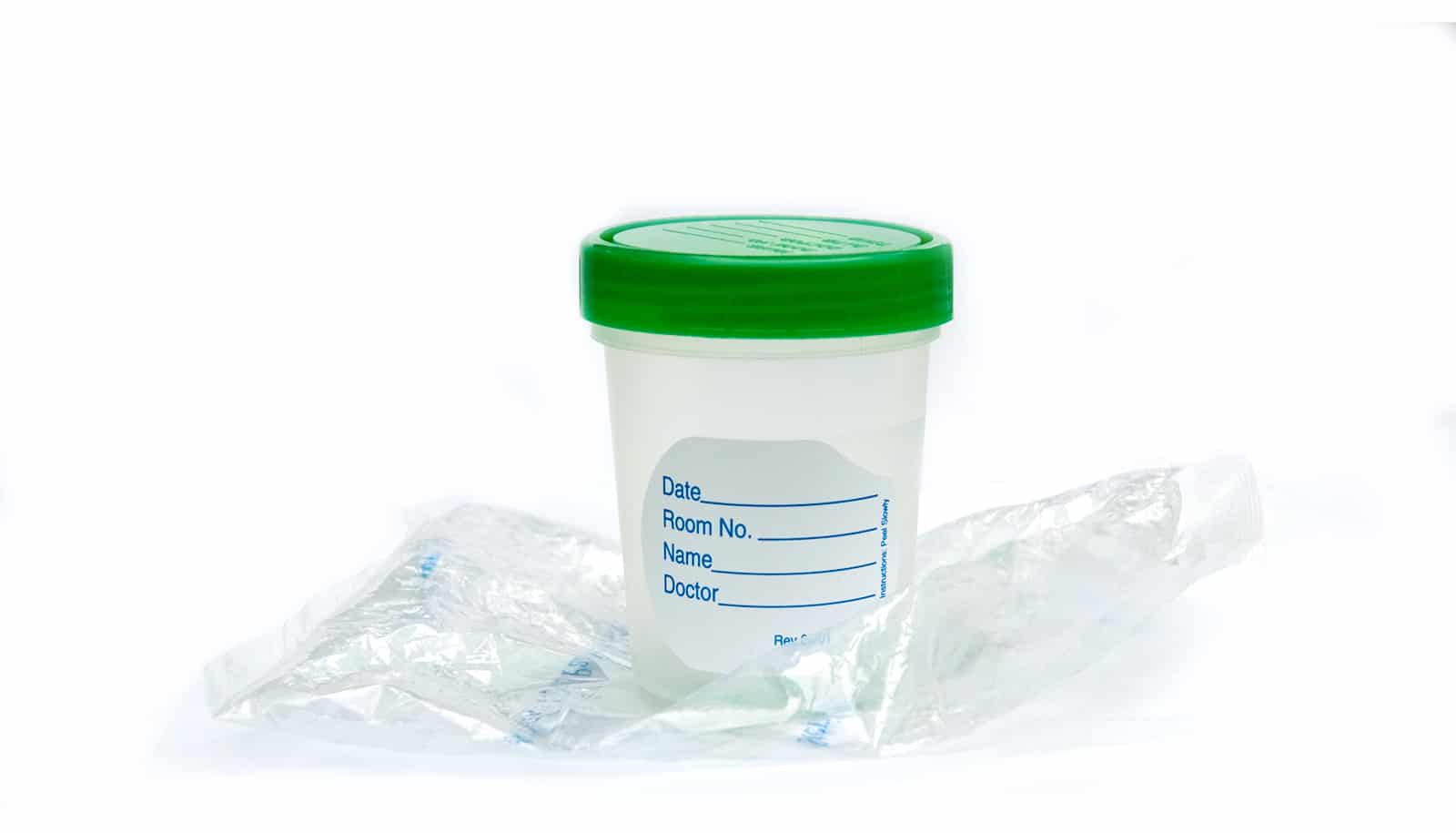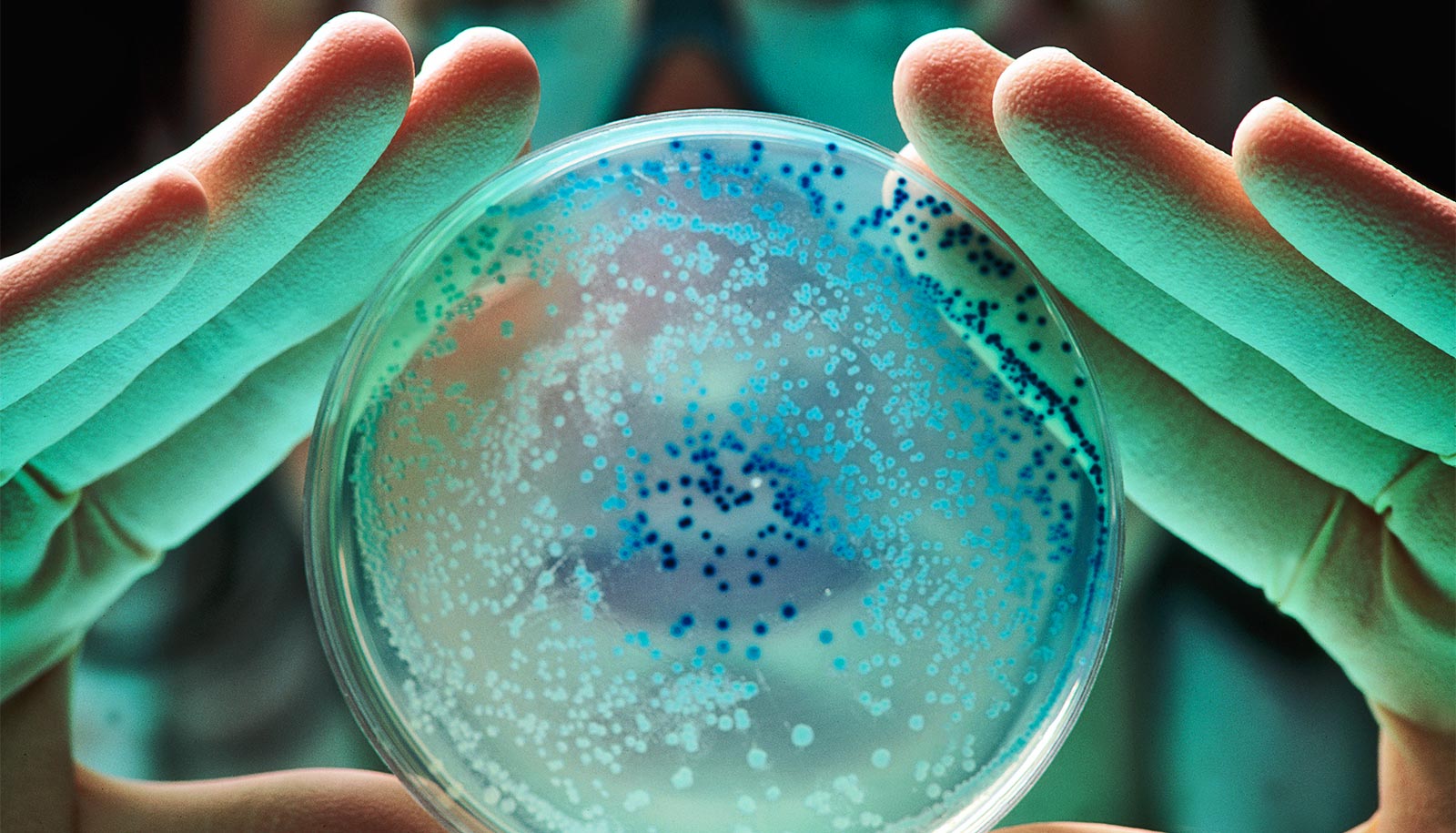A new method for testing urinary tract infections yields more information than what conventional methods can offer, researchers report.
As reported in Nature Communications, researchers analyzed pieces of DNA, called cell-free DNA, isolated from the urine of kidney transplant patients and discovered that it provides valuable information about the bacterial and viral composition found in a patient’s urine.
Clinicians often test for urinary tract infections with a urine culture that involves growing bacteria. “But some bacteria are harder to grow than others, and for conventional techniques you have to choose a specific set of tests to detect a specific bacterium,” says co-lead author John Richard Lee, assistant professor of medicine at Weill Cornell Medicine and a nephrologist at NewYork-Presbyterian/Weill Cornell Medical Center.
“This test, using urinary cell-free DNA, is less biased because it screens broadly for different kinds of infections, both common and rare.”
Urinary cell-free DNA (cfDNA) are floating molecules of DNA derived from the genomes of dying human or microbial cells. They are usually studied in blood plasma but are also present in urine.
Investigators analyzed urine samples from 82 kidney transplant recipients receiving care at NewYork-Presbyterian/Weill Cornell Medical Center. By looking at the urinary cfDNA of these patients, researchers not only identified the same microorganisms detected by conventional approaches but also other, less common microorganisms.
They were also able to learn about the host response to infection and how fast bacteria were growing by looking at the genome structures.
Can ‘scalpel’ for E. coli treat UTI without antibiotics?
“With just one test, many pieces of information about bacteria and viruses, as well as antibiotic resistance, can be determined at the same time,” says co-lead author Iwijn De Vlaminck, assistant professor of biomedical engineering at Cornell University.
CfDNA fragments are short and fragmented, making analysis difficult using DNA sequencing approaches. But in the current study, the researchers found that only 1 milliliter of centrifuged urine was needed for the new approach.
The researchers say they hope to do a validation study to see if the test can be implemented into practice. The test could be important not only for kidney transplant patients, who frequently contract viral and bacterial urinary tract infections, but also for the general population.
Source: Molly Schulson for Cornell University



